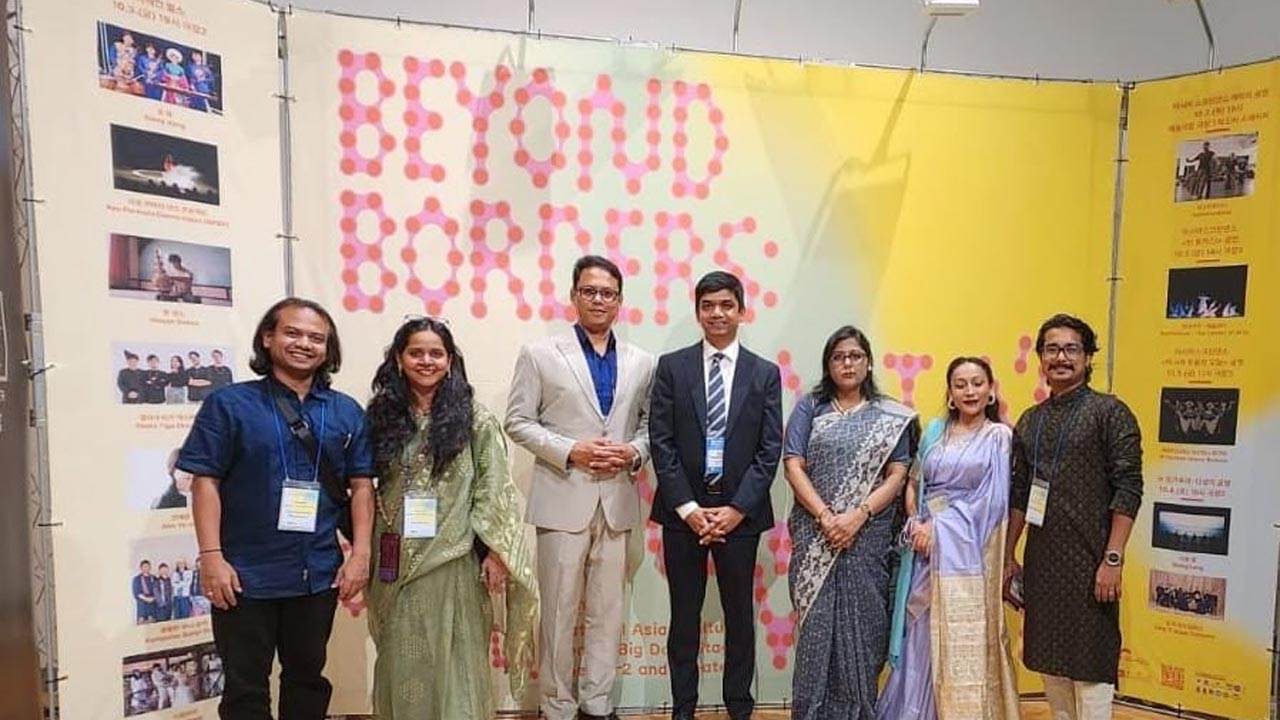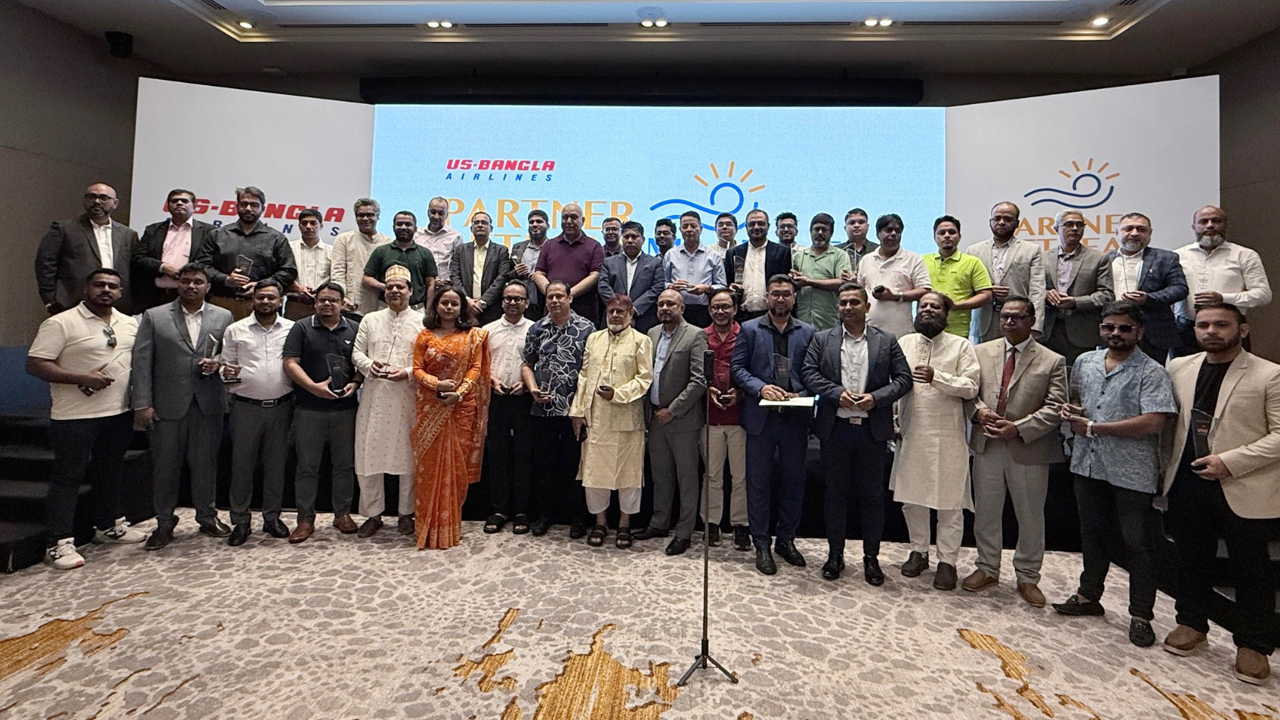Experts urge to include women in sustainable food systems
05 June 2021, 12:12 pm

Government officials, development practitioners and experts attended the virtual program titled ‘Women in the Food Systems: The Invisible Indispensable’
To ensure a sustainable and inclusive food system for all, including women, CARE Bangladesh organized an independent virtual dialogue titled ‘Women in the Food Systems: The Invisible Indispensable’ on Thursday.
The virtual dialogue, also assisted by BRAC, UNFPA, UN Women and Wave Foundation, was organized as part of the preparation for the upcoming UN Food Systems Summit 2021.
Government officials, development practitioners, academia, experts and media professionals attended the program.
In the virtual dialogue, experts said, “Despite women’s crucial role in ensuring food security and proper nutrition of families, women are common victims to malnutrition, unhealthy food consumptions, lack of accessibility to necessary healthcare services among other crises.”
Ramesh Singh, Country Director of CARE Bangladesh, delivered the welcome remarks at the event and said that more than 90% of family farms are dependent on their family members’ labor; both men and women work in the farms. Often women family members act as de facto heads of the family.
CARE Bangladesh wishes to commit its support to complement the efforts of the Bangladesh Government, development partners, nutrition actors and others. We firmly believe concerted efforts can help to reach our ‘Women in Agriculture and Food System’ targets in the coming days, he added.
Khaja Abdul Hannan, Additional Secretary, Ministry of Food, attended the event as Guest of Honor. He said, “Women’s participation in labor force and education has increased manifold over the last two decades. The government has undertaken policies and programs to ensure food and income security to women.”

Besides, Mr. A K M Monirul Alam, Director, Field Services Wing, Department of Agricultural Extension, Government of Bangladesh, Dr. Nazneen Ahmed, Senior Research Fellow, Bangladesh Institute of Development Studies (BIDS) and Dr. Mohammad Mainul Islam, Faculty, Department of Population Sciences, University of Dhaka attended the discussion as key speakers.
They stressed the importance of women’s access to agricultural input and services, ownership and control over assets and products to improve the current status of women in the food system. Furthermore, they also raised the point of reviewing contradictions within the current nutrition policy in respect to women and endorsing the right to food as a legally binding commitment of the state.
The dialogue arranged separate discussions focused around the impact of COVID-19 on women in food systems, the impact of climate change and shocks on women, social protection and sustainable livelihood for women, young girls and women in Climate Change, food systems and sexual and reproductive health rights, access to productive resources for women in agriculture.
Some key recommendations from the dialogue include recognizing women as ‘farmer’ to ensure access to farm loans, basic services and government’s stimulus package; need for women-friendly mechanization to help reduce women’s workload, need for women-friendly transportation to help secure women’s mobility, ensuring access of women smallholder farmers to COVID-19 Stimulus Package with affordable terms and conditions, etc.
Meanwhile, it is assumed that the discussions from this event will support developing a national vision for the future of women in the food system.





